The following profile of Pete Seeger is from the Americans Who Tell the Truth website, which features the painting to the right, available as a poster, and many more by artist Robert Shetterly.
Song, songs kept them going and going; They didn’t realize the millions of seeds they were sowing. They were singing in marches, even singing in jail. Songs gave them the courage to believe they would not fail.
Seeger’s love affair with folk music and the banjo began at a Folk Festival he attended when he was sixteen. That love has informed his career and his activism. After two years of study at Harvard, he left to travel around the country, singing and mastering his craft. In 1940, Seeger met Woody Guthrie and they later formed the group the Almanac Singers. This group combined folk music with activism for the labor movement.
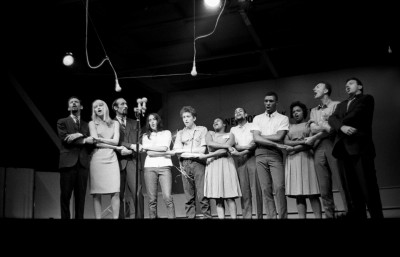
Peter, Paul and Mary, Joan Baez, Bob Dylan, the Freedom Singers, Pete Seeger, and Theodore Bikel photographed on July 26, 1963, by John Byrne Cooke at the Newport Folk Festival, singing “We Shall Overcome” with a standing audience of 13,000 joining in.
In 1942, he entered the Army, but spent much of his service time entertaining the soldiers by playing and singing. Once discharged in 1945, Seeger founded People’s Song, a musicians’ union combining folk music with the labor movement.
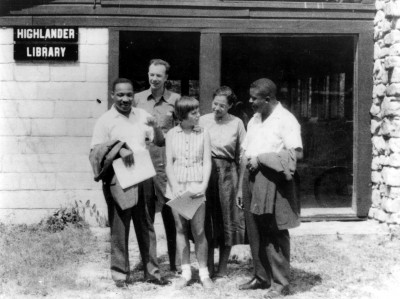
Martin Luther King, Pete Seeger, Charis Horton, Rosa Parks, and Ralph Abernathy at Highlander in 1957. From the Highlander Folk School Collection.
He even took to the campaign trail in 1948 with his music, traveling with Progressive Party Presidential candidate Henry Wallace. That year he also founded The Weavers, a band which found a good deal of mainstream success until they were banned due to Seeger’s ties to the Communist Party (he was a member from 1942 – 1950). He was subpoenaed before the House Un-American Activities Committee (HUAC) in 1955 for those affiliations.
Instead of invoking the 5th Amendment as many others had before him, Seeger took the unique stand of declaring that it was a violation of his 1st Amendment rights of free speech and associations to be asked these questions by the Committee. In 1961, he was cited for and found guilty of contempt, resulting in a prison sentence which was later overturned.
Seeger draws on diverse kinds of music to create his songs, from African melodies to spirituals, and even takes passages from the Bible for songs such as “Turn, Turn, Turn.” His words cover many subjects from supporting labor to protesting war and advocating peace.
His seemingly simplistic folk music and ideas have touched the lives of people all over the world, garnering him a huge fan base and influencing many artists such as Bruce Springsteen, who in 2006 released a tribute album to Seeger called We Shall Overcome: The Seeger Sessions. In 2007 a documentary of his life came out entitled Pete Seeger: The Power of Song (Directed by Jim Brown. 2007. 93 minutes).
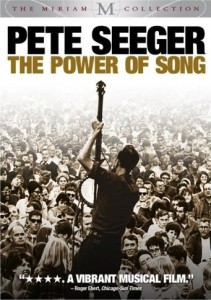 Pete Seeger’s music and activism goes further than playing concerts and producing albums. He wrote a book, How to Play the Five-String Banjo, to teach others about his beloved instrument. He founded Sing Out!, a magazine dedicated to folk music. He also launched a project in the 1960’s to call attention to the pollution in the Hudson River. He built the sloop Clearwater to sail the Hudson and work toward cleaning it up. The organization also hosts festivals to address environmental problems not only on the Hudson but elsewhere in the world.
Pete Seeger’s music and activism goes further than playing concerts and producing albums. He wrote a book, How to Play the Five-String Banjo, to teach others about his beloved instrument. He founded Sing Out!, a magazine dedicated to folk music. He also launched a project in the 1960’s to call attention to the pollution in the Hudson River. He built the sloop Clearwater to sail the Hudson and work toward cleaning it up. The organization also hosts festivals to address environmental problems not only on the Hudson but elsewhere in the world.
He hosted a folk music show in the 1960’s called Rainbow Quest featuring other folk music singers.
Related Resources
Ballad
Troubadour (Tribute to Pete Seeger) is written by Joe DeFilippo and performed by the R. J. Phillips Band, a group of Baltimore musicians.
Interview
We Shall Overcome: An Hour with Legendary Folk Singer & Activist Pete Seeger on Democracy Now! July 4, 2007.

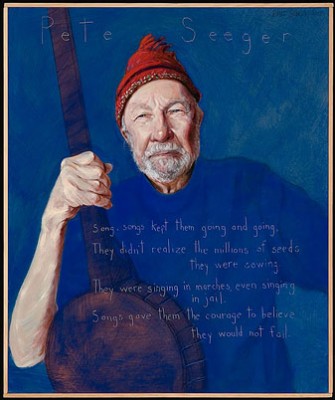
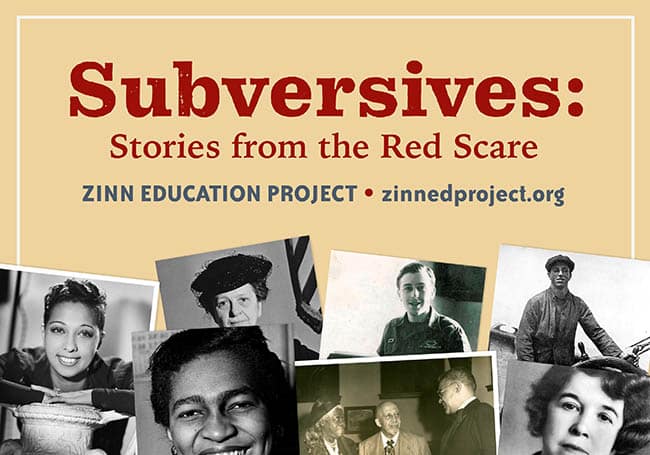
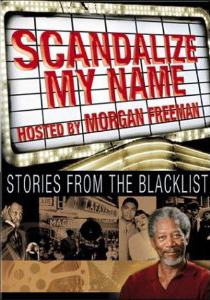
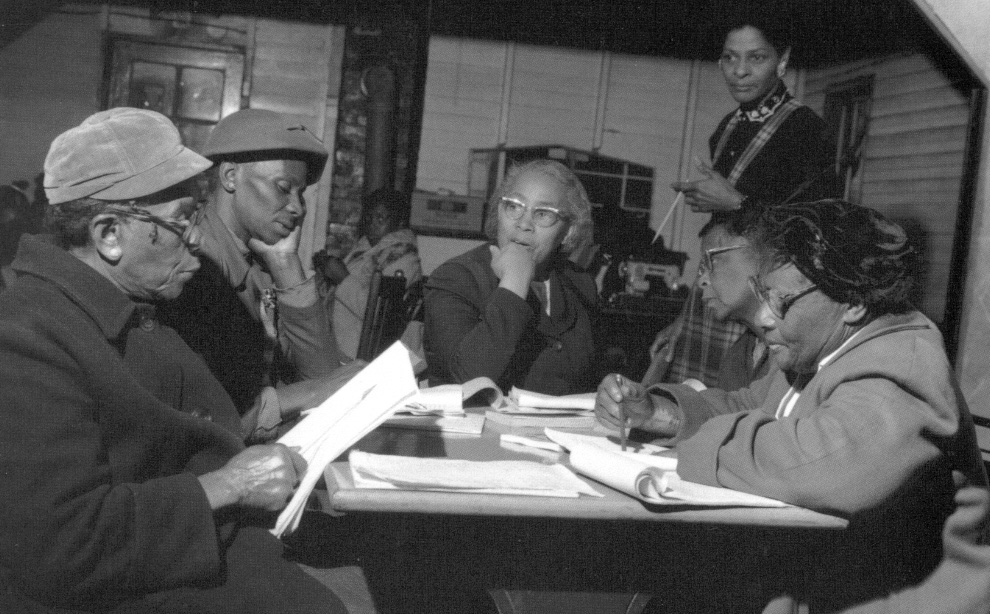
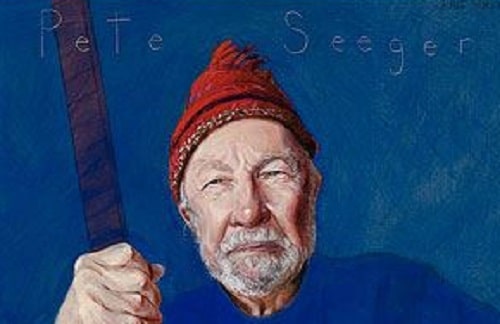





Twitter
Google plus
LinkedIn